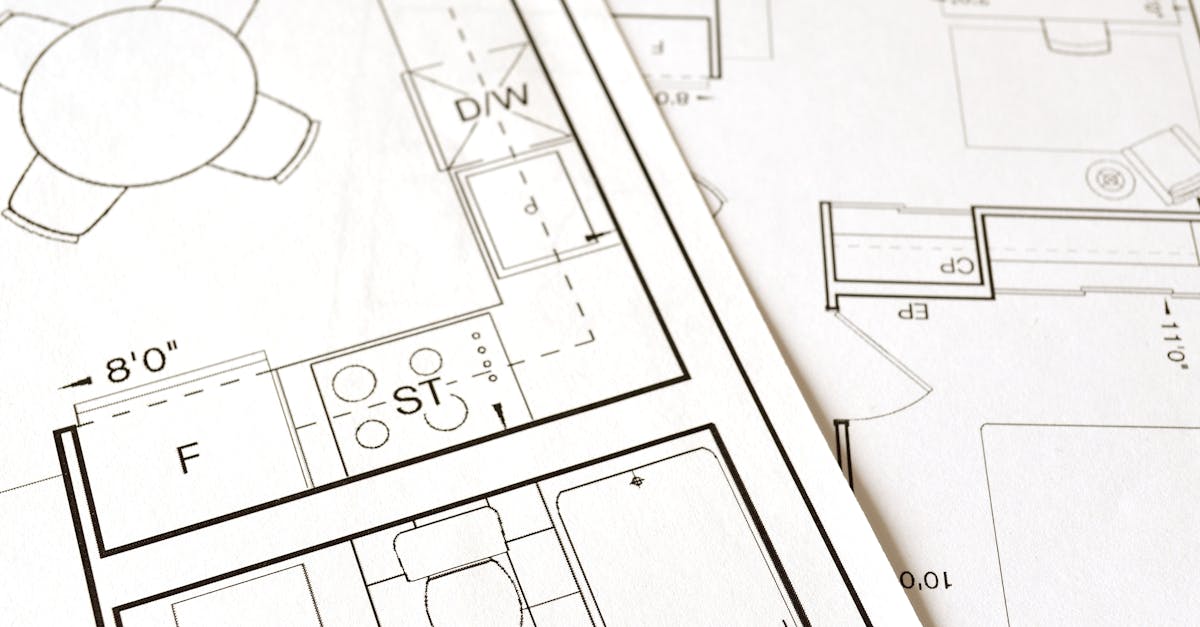
Lease Termination
Lease termination is a crucial aspect of property agreements that must be handled with precision to avoid potential disputes between landlords and tenants. Drafting and reviewing leases in Austin, Texas necessitates a clear understanding of the criteria that dictate when and how a lease can be terminated. While some leases have specific end dates, others may continue on a month-to-month basis until either party provides notice of termination. These terms should be meticulously outlined in the lease agreement to prevent confusion and legal complications down the line. In cases where a tenant wishes to terminate the lease early, they might be required to provide a certain notice period or offer compensation, as stipulated in the contract terms. Prior knowledge of the legal obligations and rights of both parties involved can facilitate a smooth lease termination process.
Conditions for Ending a Lease Agreement
Conditions for ending a lease agreement vary depending on the terms outlined in the initial contract. Drafting and reviewing leases in Austin, Texas, require careful consideration of termination clauses to ensure clarity and fairness for both parties involved. Common conditions for ending a lease include the expiration of the lease term, mutual agreement between the landlord and tenant to terminate early, or violation of terms by either party, such as non-payment of rent or breach of lease conditions.
When a lease agreement is prematurely terminated due to a violation by either party, the consequences can range from financial penalties to legal action. Landlords may have the right to evict a tenant for non-compliance with the lease terms, while tenants may seek remedies for breaches of landlord responsibilities. Understanding the specific conditions for lease termination is crucial in safeguarding the rights and obligations of both landlords and tenants in Austin, Texas.
Validity of Contracts
Validity of Contracts
When it comes to the validity of contracts, there are essential factors that play a crucial role in determining their enforceability. Contracts must include clear and specific terms, parties must have the legal capacity to enter into the agreement, and there must be a mutual agreement between the involved parties. Drafting and reviewing leases in Austin, Texas, require careful attention to detail to ensure that all legal requirements are met for the contract to be considered valid and enforceable. Moreover, contracts must not violate any laws or public policy to be considered valid, and they should be entered into voluntarily by all parties involved. These fundamental aspects are essential in determining the validity and enforceability of contracts, including those related to property leases.
Factors Affecting Contract Enforceability
Factors affecting contract enforceability are crucial elements that determine the validity and legal standing of agreements. In the context of leases and contracts, these factors play a significant role in ensuring that the terms outlined are adhered to by all parties involved. Drafting and reviewing leases in Texas requires careful consideration of these factors to avoid potential disputes or legal challenges stemming from unenforceable or ambiguous terms.
Key factors that impact contract enforceability include clear and unambiguous language, mutual assent, consideration, capacity of the parties, and legality of the subject matter. These elements are essential to establishing a valid contract or lease agreement that is enforceable under the law. When drafting or reviewing leases in Texas, it is imperative to pay close attention to these factors to safeguard the rights and obligations of all parties involved.
Lease Renewal
Lease renewal is a significant aspect of property management that requires careful consideration by both landlords and tenants. When the initial lease term is approaching its end, parties involved must decide whether to renew the lease for an additional period. Drafting and reviewing leases in Texas to include specific provisions regarding lease renewal can help clarify the process for all parties involved in the agreement.
Factors such as rent increases, length of the renewal term, and potential changes to the lease terms must be discussed and agreed upon before extending the lease. Lease renewal provisions can help streamline the process while ensuring that both parties are on the same page regarding the terms of the new lease agreement. Drafting and reviewing leases in Texas with a focus on renewal terms can help mitigate misunderstandings and disputes that may arise during the renewal process.
Extending Lease Terms
Extending lease terms is a common practice in the real estate industry, offering both landlords and tenants the opportunity to continue their existing rental agreement. This process involves negotiating and formalizing an extension to the lease beyond its original end date. Drafting and reviewing leases in Texas is a crucial aspect of extending lease terms to ensure that both parties fully understand and agree to the new terms and conditions. It is essential to delineate the rights and responsibilities of each party during the extended lease period to prevent any disputes or misunderstandings that may arise.
When extending lease terms, landlords and tenants must consider factors such as rental rate adjustments, lease term duration, and any additional terms or conditions that need to be modified or included. Communication between both parties is key during this process to reach a mutual agreement on the terms of the extension. Drafting and reviewing leases in Texas requires attention to detail and adherence to state laws to ensure that the extended lease is legally binding and enforceable. By carefully examining and updating the lease agreement during the extension process, landlords and tenants can maintain a positive and transparent rental relationship.
FAQS
What is the main difference between a lease and a contract?
A lease is a specific type of contract that pertains to the rental of property or equipment. While all leases are contracts, not all contracts are leases.
Can a lease be considered a binding contract?
Yes, a lease is a legally binding contract between a landlord and a tenant. It outlines the terms and conditions of the rental agreement, including rent, duration, and responsibilities of both parties.
Are there specific conditions for terminating a lease agreement?
Yes, there are conditions outlined in the lease agreement that specify how and when a lease can be terminated by either the landlord or the tenant. These conditions may include notice period, reasons for termination, and potential penalties.
What factors determine the validity of contracts in general?
The validity of a contract depends on various factors, such as the agreement being made voluntarily, the parties being of legal age and capacity, the terms being clear and lawful, and the contract not being based on fraud or duress.
How does lease renewal differ from extending lease terms?
Lease renewal refers to signing a new lease agreement after the original one expires, while extending lease terms involves prolonging the existing lease without signing a new agreement. Both processes require mutual consent between the landlord and tenant.




